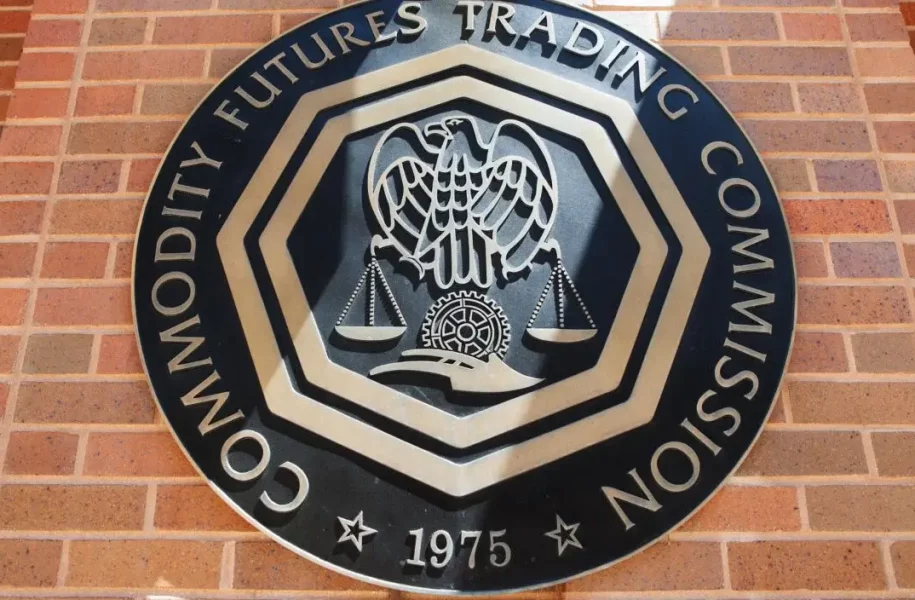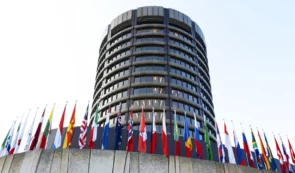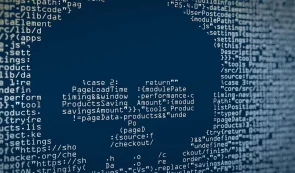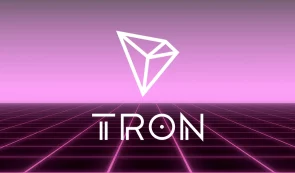U.S. CFTC Dicusses DeFi at Technology Advisory Committee Meeting

Decentralized finance (DeFi) was a key topic of discussion at the recent Technology Advisory Committee (TAC) meeting of the U.S. Commodity Futures Trading Commission (CFTC) in Washington D.C.
The meeting was attended by a number of crypto executives who gave presentations to the regulator on various issues related to DeFi, including exploits, decentralization, and digital identities.
A clear understanding of DeFi is needed
CFTC Commissioner Christy Goldsmith Romero opened the meeting with prepared remarks, emphasizing the importance of understanding how DeFi works.
Fantastic day sponsoring the CFTC Technology Advisory Committee. Expert presentations on #DecentralizedFinance #CyberResilience #Cloud and #ArtificialIntelligence. Great thanks to Committee Chair Carol House, Vice Chair @ARedbord and all of the TAC members and presenters. pic.twitter.com/kByy2aDPq4
— Commissioner Christy Goldsmith Romero (@CFTCcgr) March 23, 2023
She noted that policy decisions related to DeFi are currently being made by regulators and lawmakers, making it essential to clearly understand the technology and its implications.
Ari Redbord, head of legal and government affairs at blockchain intelligence firm TRM Labs, began the presentations with an overview of DeFi and blockchain technology.
He highlighted blockchains’ transparency, immutability, and privacy benefits, suggesting that regulators could use these features to balance the right to privacy with the need for security.
Redbord and Nikos Andrikogiannopoulos, founder of analytics firm Metrika, jointly discussed the challenges and benefits of decentralization. They concluded that the benefits of decentralization far outweigh the challenges, and it is important to embrace and lead it in the right direction.
READ MORE: U.S. Officials Study Ways to Expand Deposit Insurance Cap Amid Banking Crisis
DeFi keeps growing
Redbord also pointed out the significant increase in the value of DeFi over the past two years, which he said was stress-tested during FTX and did not fail. DeFi’s Total Value Locked (TVL) is around $49.4 billion according to DeFiLlama, rising from around $15 billion at the beginning of January 2021.
Carole House, executive in residence of venture firm Terranet Ventures, and Jill Gunter, CSO of blockchain infrastructure company Espresso Systems, gave an overview of the current solutions for digital identity and non-custodial wallets, using respective examples of the Ethereum Name Service and a MetaMask wallet.
Michael Shaulov, founder of Fireblocks, and Dan Guido, founder of Trail of Bits, discussed the exploits and vulnerabilities that have occurred in the crypto market. They noted that all the hacks are usually made public by users or other firms and that crypto firms need to strive for perfection to avoid them.
The meeting demonstrated the increasing interest and awareness of DeFi in the regulatory community and the importance of constructive dialogue between industry stakeholders and regulators. The presentations ended with members unanimously voting for the creation of a Digital Assets and Blockchain Technology Subcommittee. The subcommittee will focus on the “why of DeFi,” what problems it solves, use applications, vulnerabilities, and proposed legal and policy frameworks.














